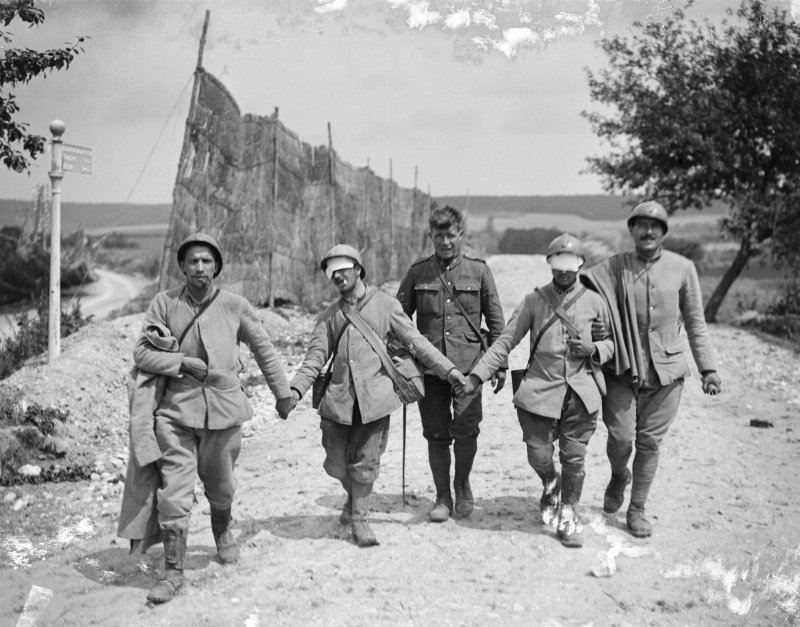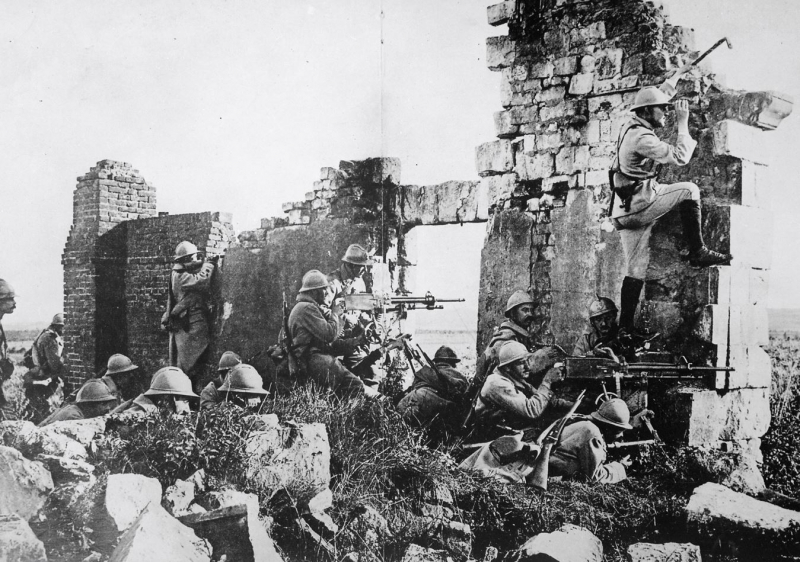Second Battle of the Marne
The final significant German offensive on the Western Front during the First World War took place during the Second Battle of the Marne (15 July–18 July 1918). When an Allied counterattack, supported by several hundred tanks, overpowered the Germans on their right flank and caused significant fatalities, the attack was a failure. The unrelenting Allied offensive resulted in the Armistice with Germany around 100 days after the German defeat was launched with the German defeat.
The French found it humorous since the German defeat was compared to the old Leipzig fight, where Napoleon was vanquished by the Austro-Prussian-Russian alliance. In actuality, the Second Battle of the Marne played a similar function to the Battle of Leipzig. Similar to Napoleon's French Empire, this setback also signaled the end of the Second German Empire.
The turning point in World War I was the Second Battle of the Marne. marked the Germans' total defeat throughout the whole war, not only in their 1918 counteroffensive campaign. The German army utterly disintegrated from this point on, and three months later, Germany lost the conflict, the German emperor abdicated, and the second German empire fell. The new world order that serves as the cornerstone of modern society also had its start from this point. It is one of the wars that changed the history of the world.













